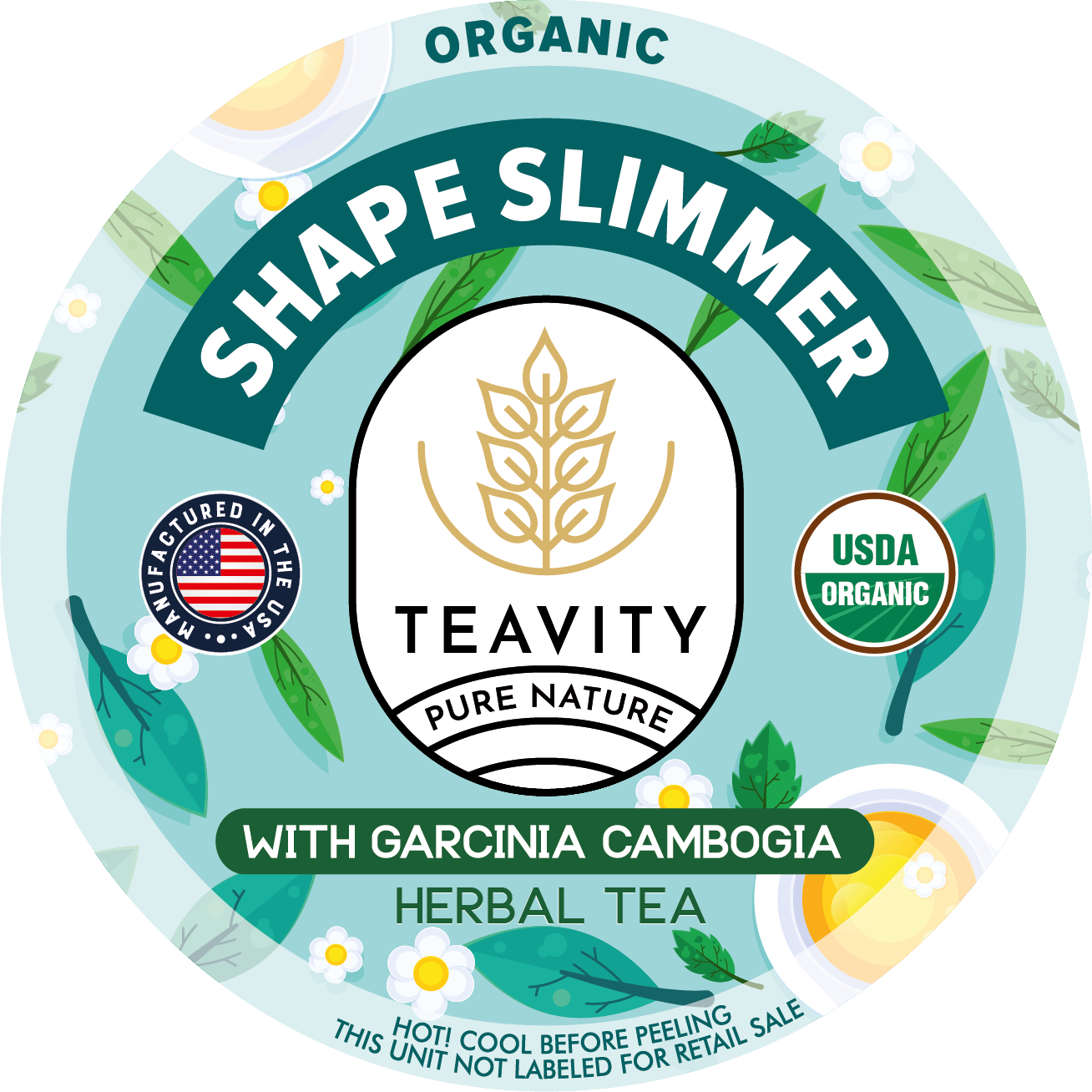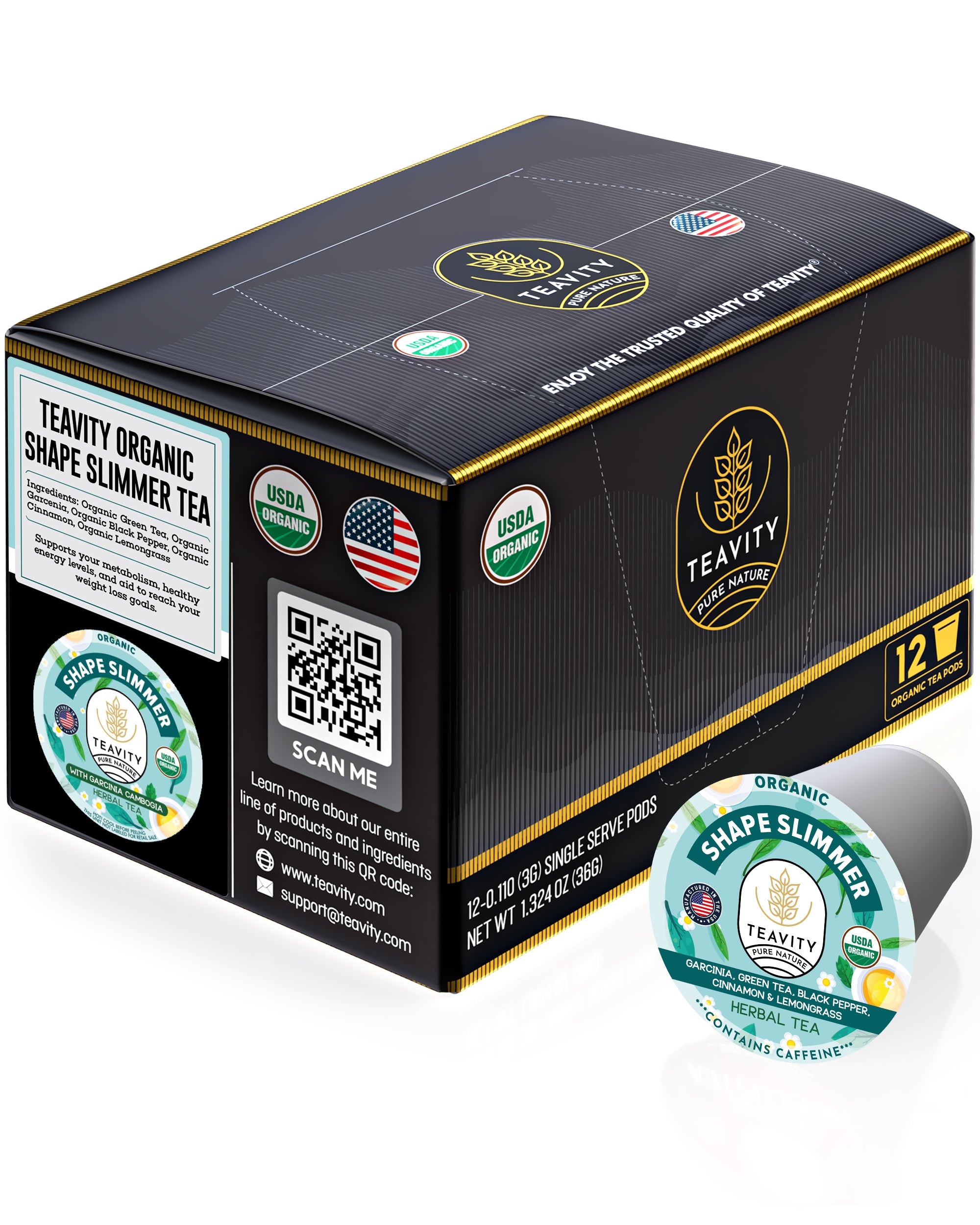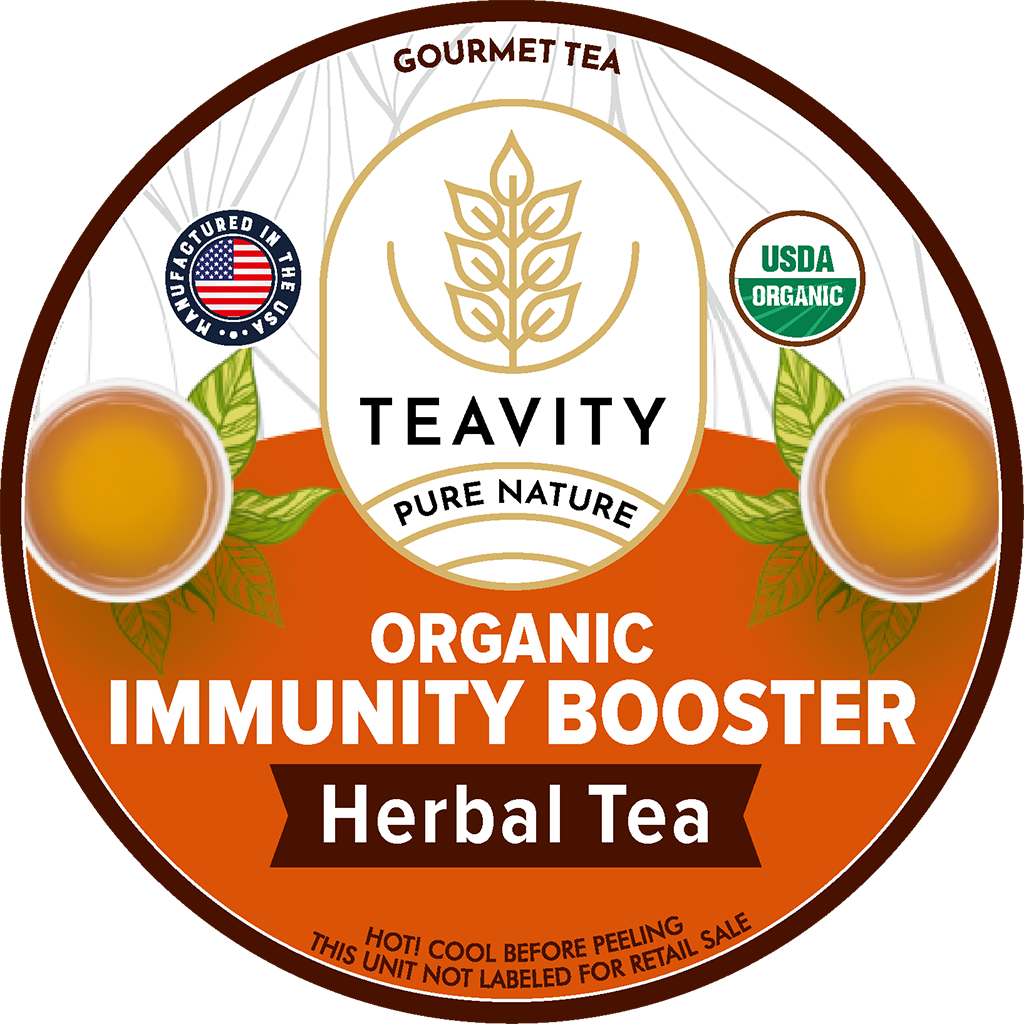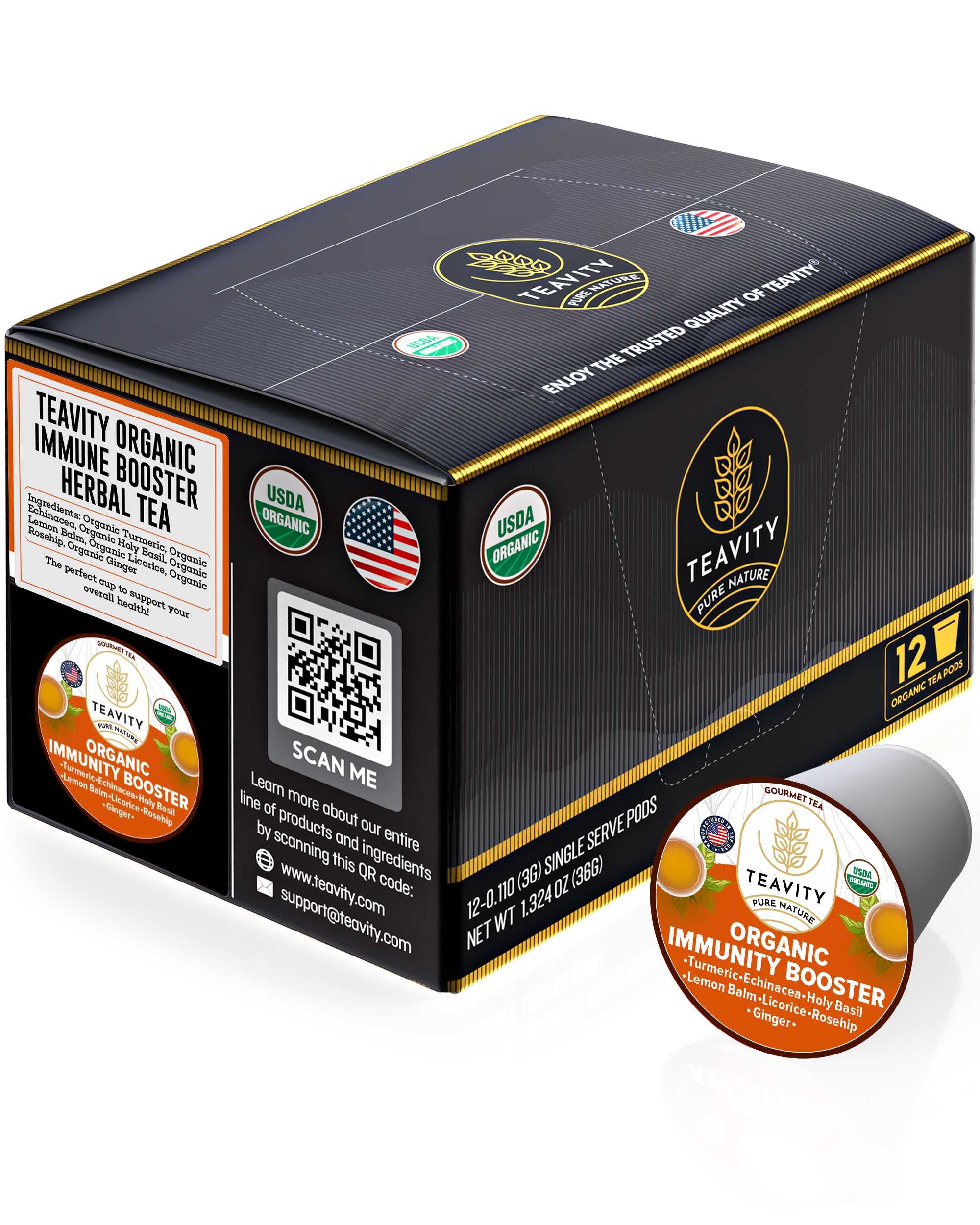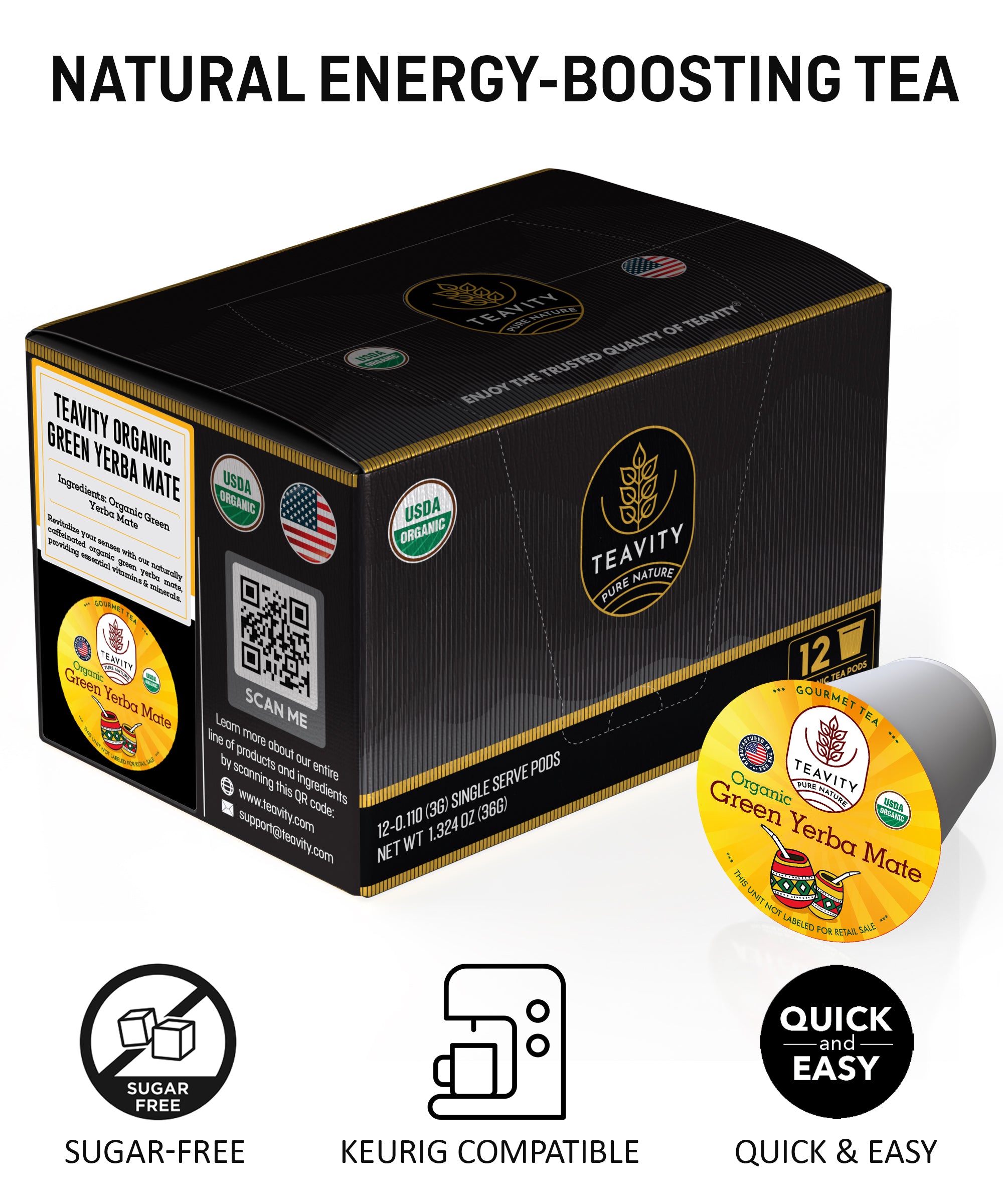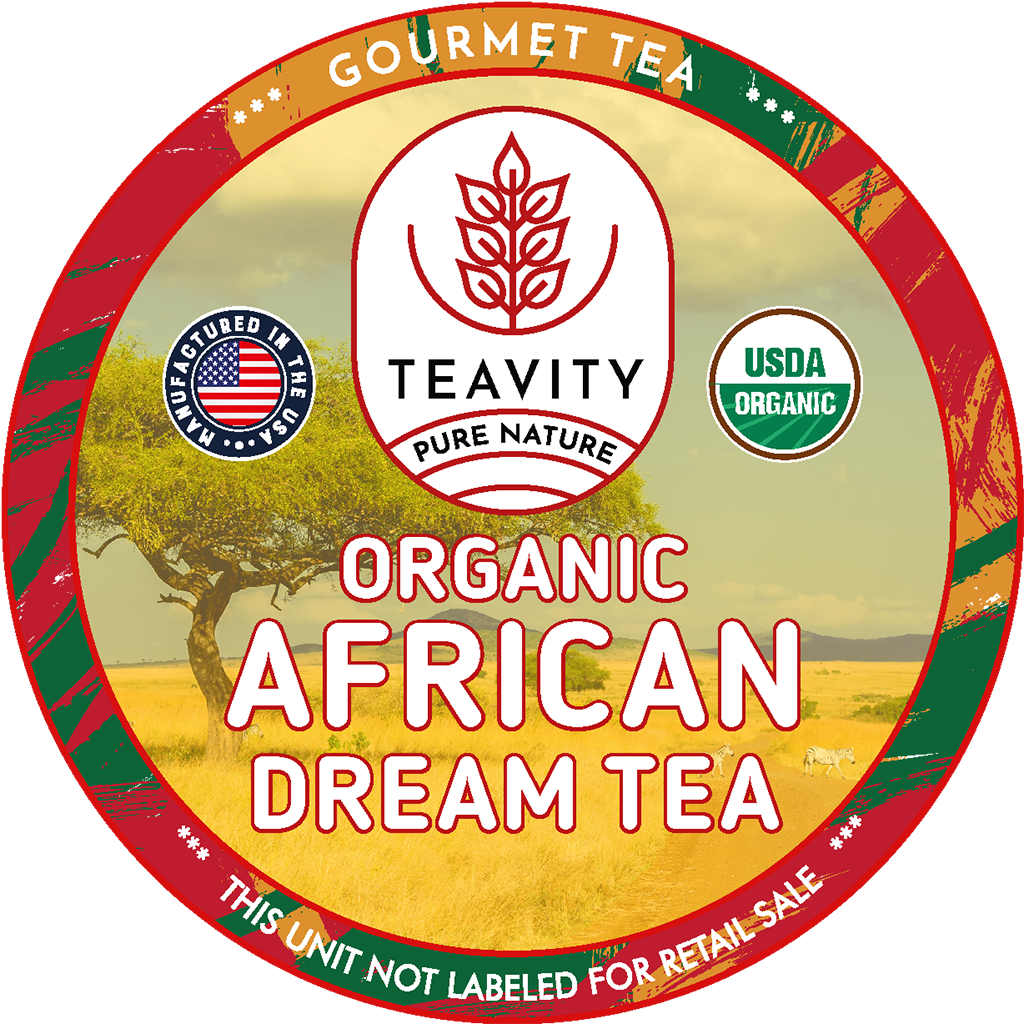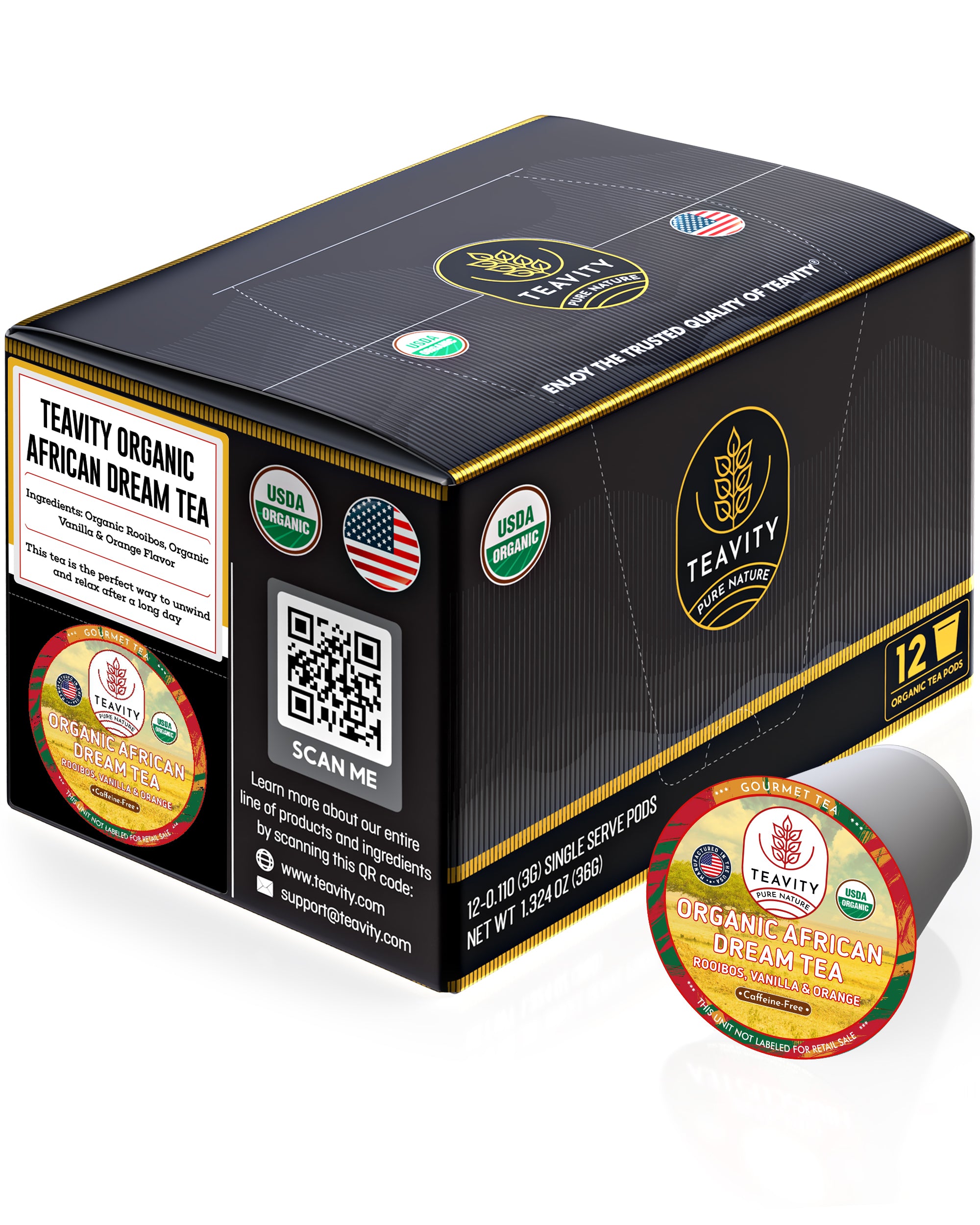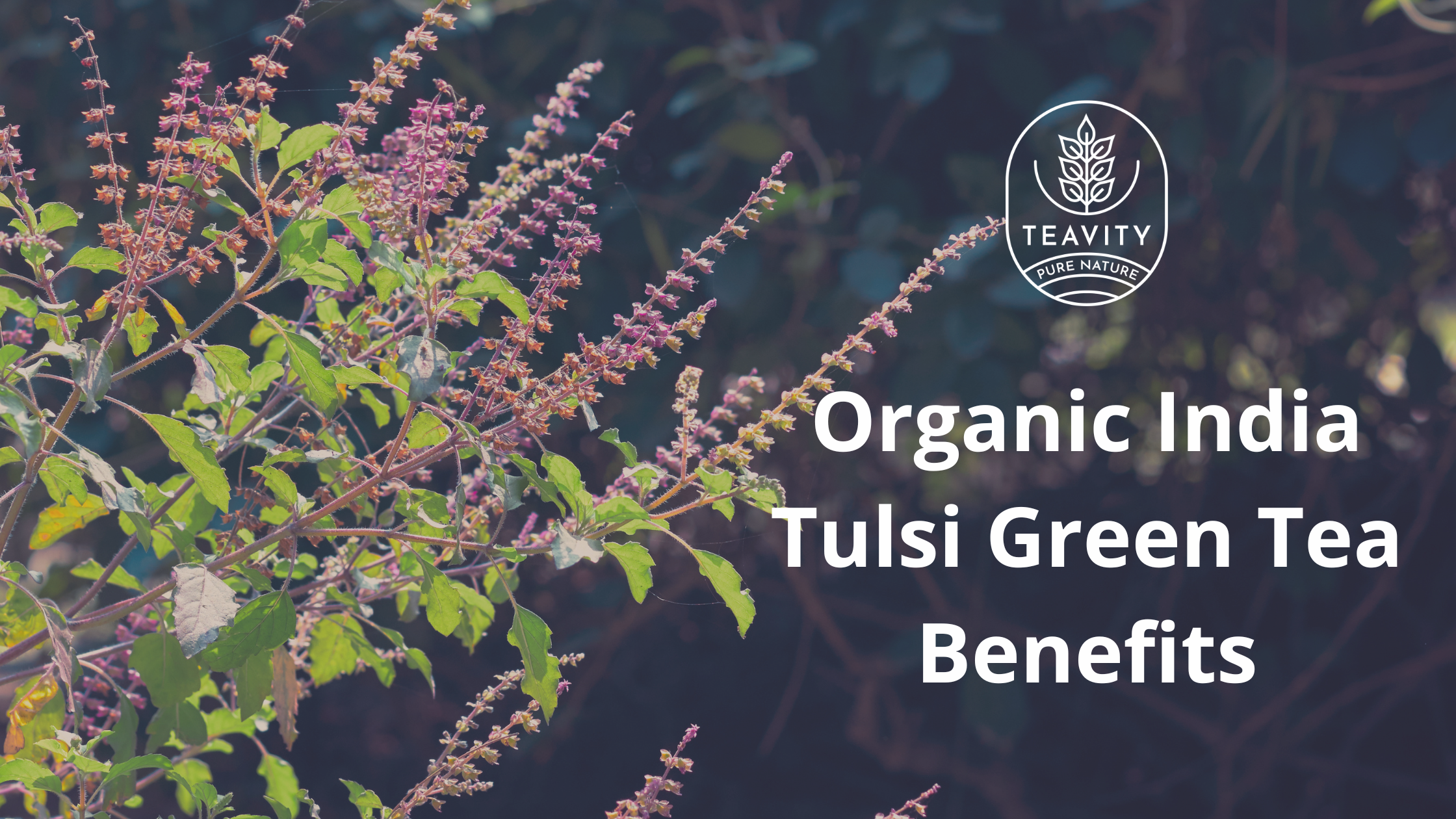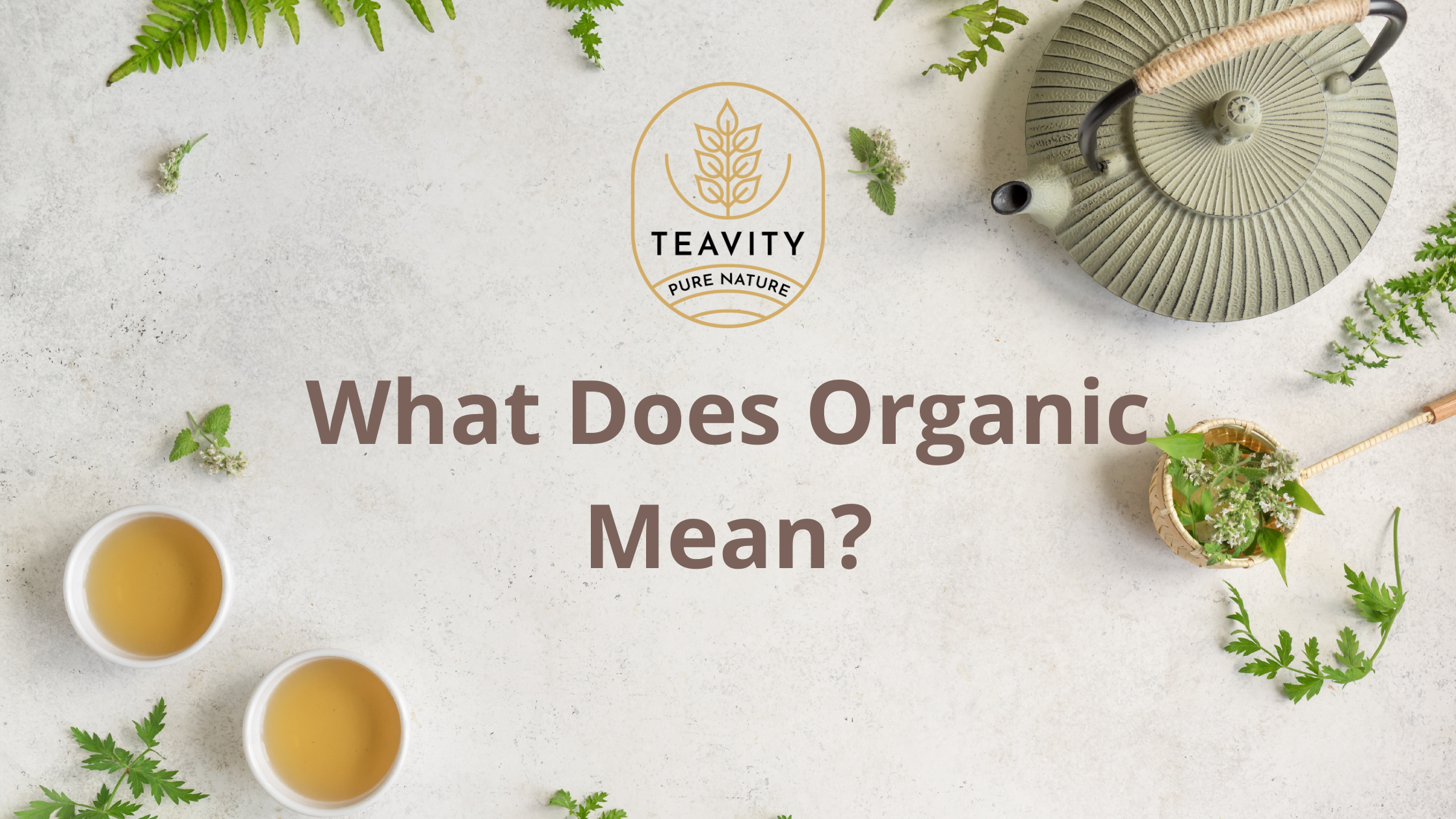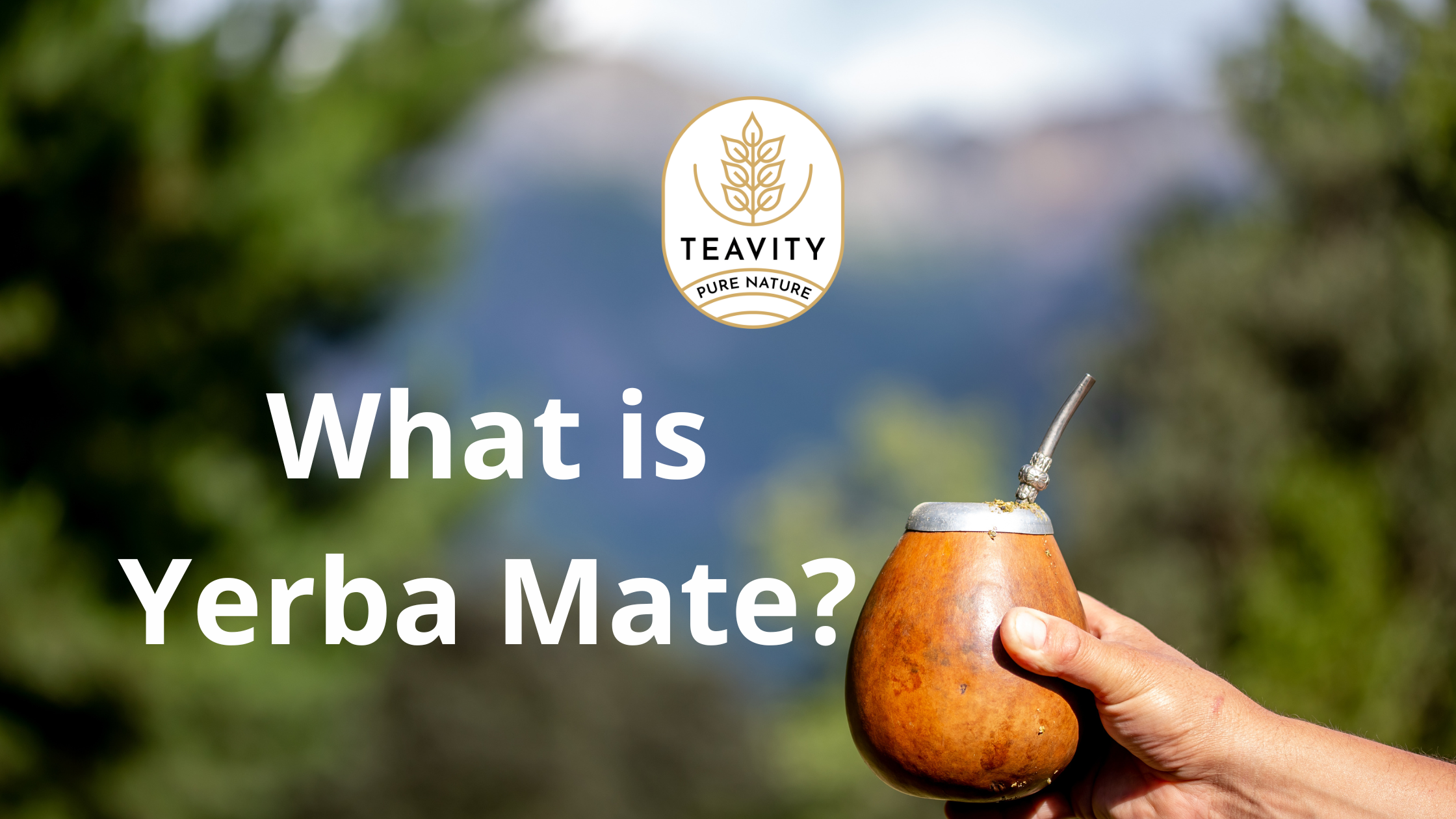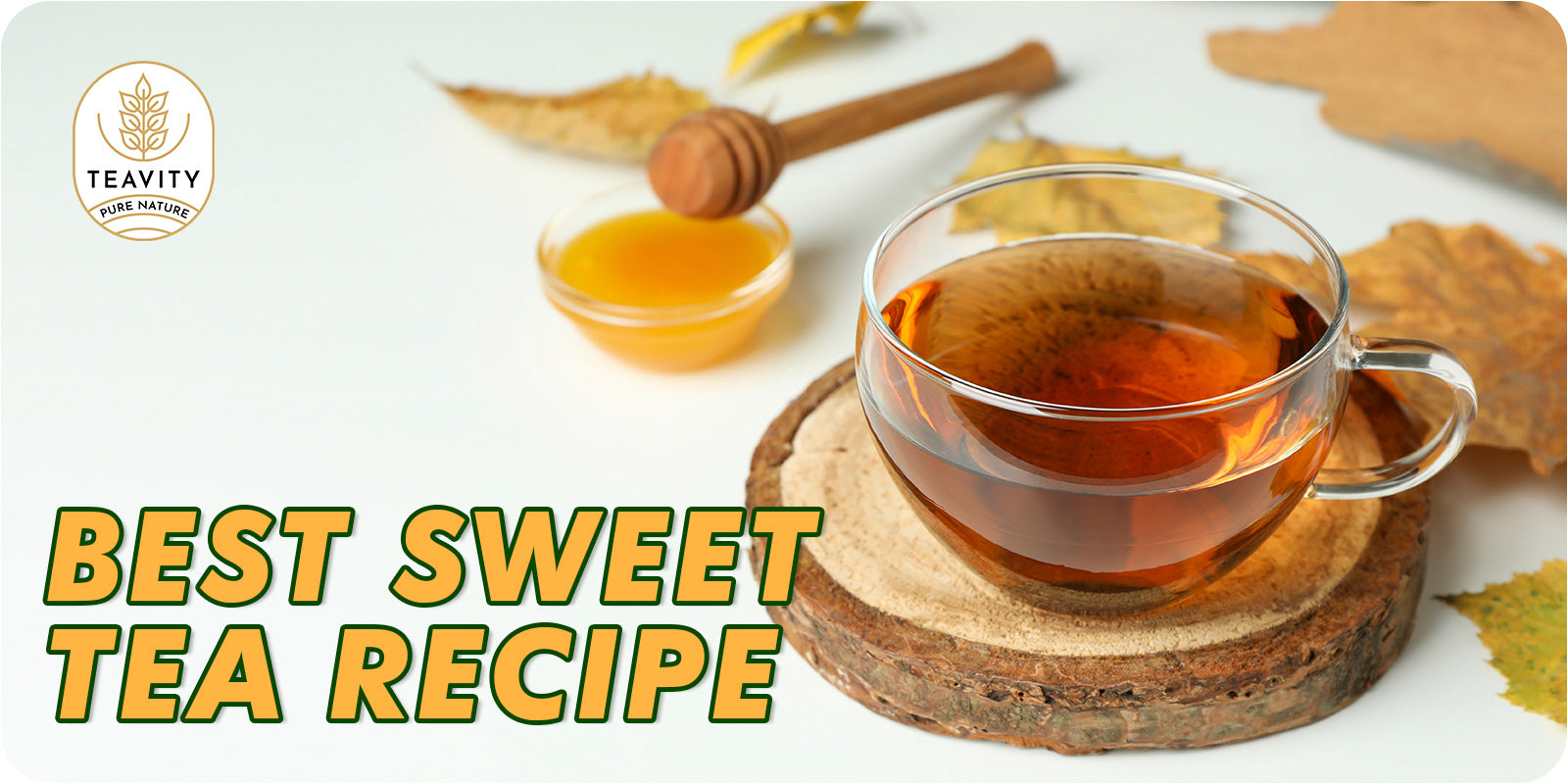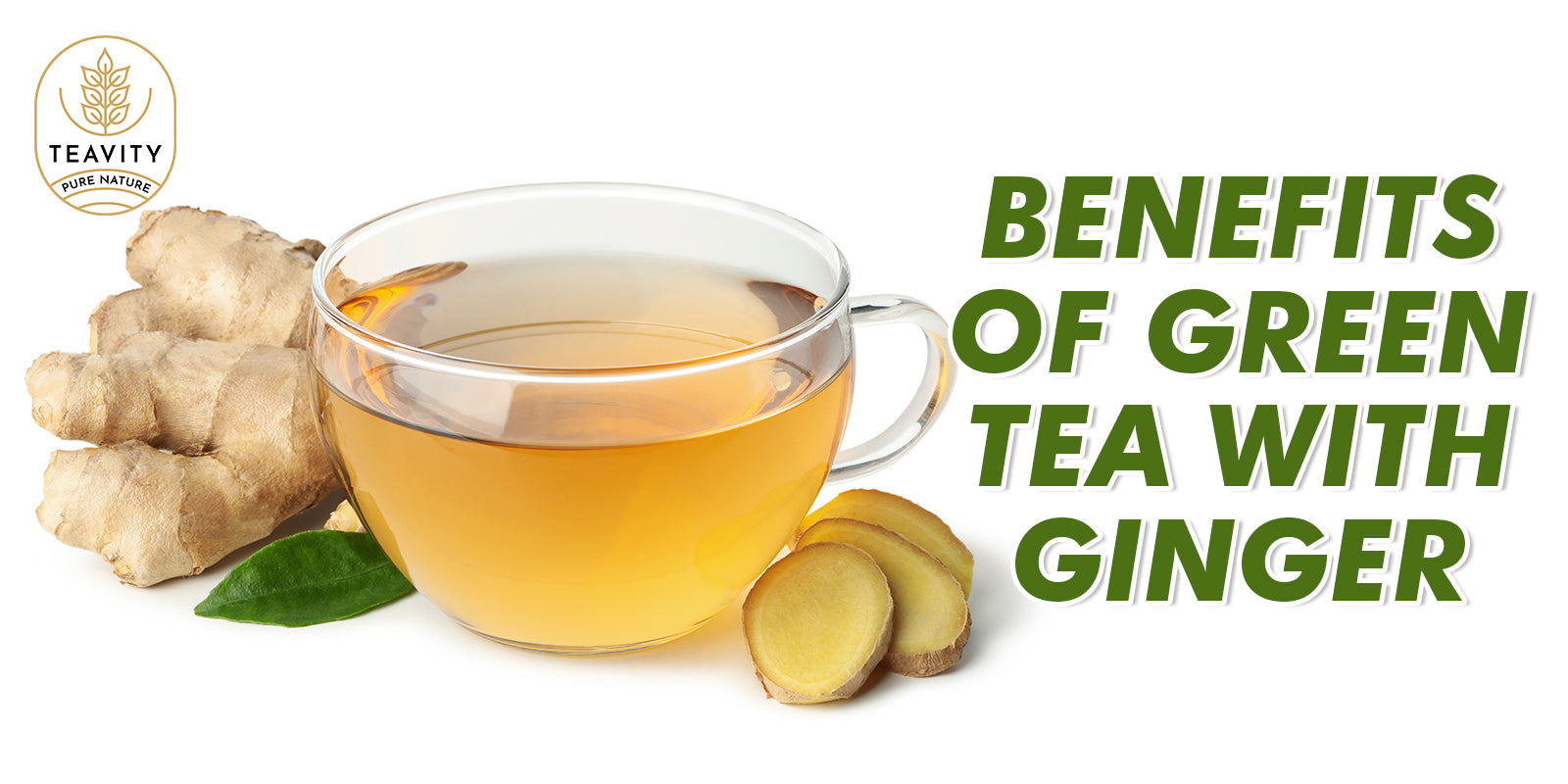
Can Tea Make You Constipated?
Tea and Constipation: Separating Fact from Fiction
Constipation can be a frustrating and uncomfortable condition that affects many individuals. In this article, we will explore the relationship between tea consumption and constipation. We'll examine scientific evidence, discuss different types of tea, and provide practical tips for maintaining digestive health while enjoying your cup of tea.
II. Understanding the Effects of Tea on Digestion
Tea is a widely consumed beverage with various types, including black, green, herbal, and more. While tea is often associated with health benefits, its impact on digestion can vary. Some people claim that tea can cause constipation, while others find it helps with regular bowel movements. Understanding the potential effects of tea on digestion is crucial in assessing its impact on constipation.
III. Exploring the Link Between Tea and Constipation
Scientific studies investigating the relationship between tea and constipation have produced mixed results. While some studies suggest that certain types of tea, such as black tea or strong tannin-rich teas, may contribute to constipation, others show no significant effect. Factors like individual sensitivity, brewing methods, and overall diet also play a role in the potential link between tea and constipation.
IV. Tips for Managing Digestive Health while Consuming Tea
If you enjoy drinking tea but want to maintain a healthy digestive system, consider the following tips:
- Stay Hydrated: Drinking enough water is essential for maintaining regular bowel movements. Ensure you stay adequately hydrated while consuming tea.
- Balanced Diet and Fiber Intake: A diet rich in fiber from fruits, vegetables, and whole grains can help prevent constipation. Incorporate fiber-rich foods into your daily meals alongside your tea.
- Moderation and Variety: Moderation is key. Instead of solely relying on one type of tea, try different varieties to ensure a balanced intake and minimize potential digestive issues.
V. Conclusion
While tea consumption may have varying effects on individuals, it is not a direct cause of constipation for everyone. The impact of tea on bowel movements depends on multiple factors, including the type of tea consumed, individual sensitivity, and overall diet. By staying hydrated, maintaining a balanced diet, and enjoying tea in moderation, you can manage your digestive health effectively.
Source Links:
-
National Institute of Diabetes and Digestive and Kidney Diseases (NIDDK) - Constipation: https://www.niddk.nih.gov/health-information/digestive-diseases/constipation
-
Mayo Clinic - Constipation: https://www.mayoclinic.org/diseases-conditions/constipation/symptoms-causes/syc-20354253
-
National Center for Biotechnology Information (NCBI) - Herbal Tea: An Unexplored Source of Natural Antioxidants: https://www.ncbi.nlm.nih.gov/pmc/articles/PMC5384166/
-
Journal of Human Nutrition and Dietetics - A Randomised Controlled Trial Evaluating the Effect of Black Tea Consumption on Postprandial Plasma Metabolite Concentrations in Humans: https://pubmed.ncbi.nlm.nih.gov/27608492/
-
World Journal of Gastroenterology - Tannins in Tea and Coffee Have Antiproliferative Effects against Oral Squamous Cell Carcinoma: https://www.ncbi.nlm.nih.gov/pmc/articles/PMC5313644/
-
Critical Reviews in Food Science and Nutrition - Tea and Its Consumption: Benefits and Risks: https://www.ncbi.nlm.nih.gov/pubmed/24345049
